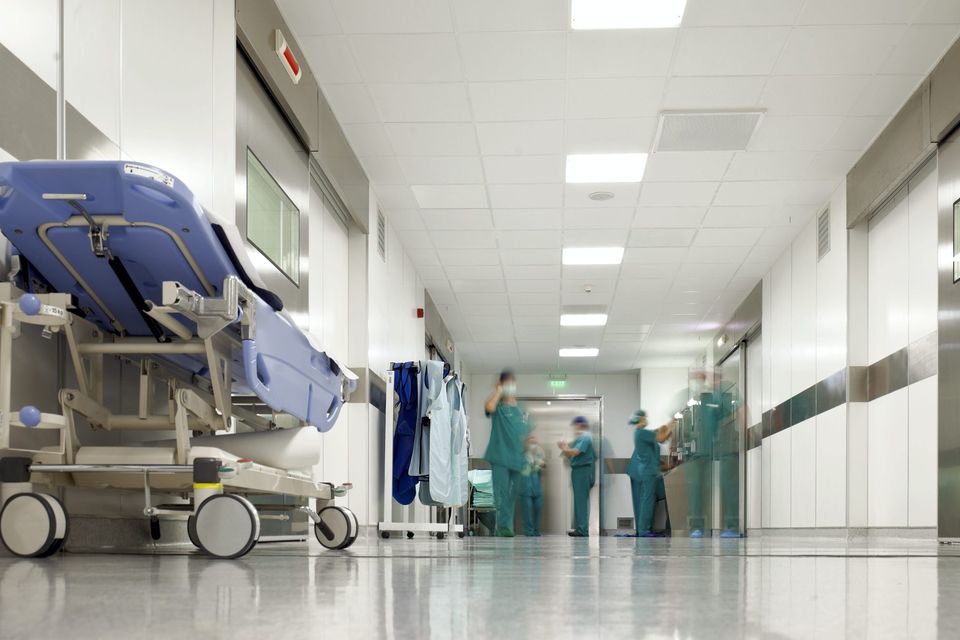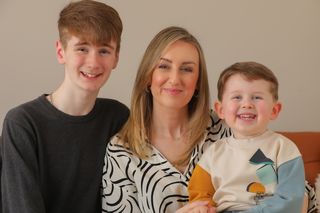Top-earning hospital consultants pay €48.7m to Revenue following tax-avoidance probe
'There are over 2,900 consultant salaried posts in public hospitals but a significant proportion of these highly skilled specialists boost their income by treating private patients' (stock photo)
Hospital consultants who have a highly lucrative income from treating public and private patients paid back more than €48.7m to Revenue Commissioners following a probe into a tax-avoidance scheme.
The sum, which includes tax, interest and penalties was returned to the taxman by 235 hospital consultants, some of whom recorded fee incomes of up to €2m in company financial statements over a number of years.
There are over 2,900 consultant salaried posts in public hospitals but a significant proportion of these highly skilled specialists boost their income by treating private patients, making them top earners but also liable for big tax bills.
One illustrative example was given of a doctor on a salary of €240,000 getting another €100,000 from private patients.
Under the scheme, the hospital consultants incorporated companies where they transferred part of their income.
The aim was to pay less to the Revenue Commissioners as it was taxed at the Corporation Tax rate of 12.5pc, rather than an income tax rate of 52pc.
Some 235 consultants who were the subject of 403 separate probes, made settlements, according to the report by C&AG The average settlement was €173,000. The report said the probe is continuing and another 360 cases are still open.
The Revenue Commissioners became suspicious in 2010 about the nature of the transactions between the consultants and their companies. It wanted evidence to support the commercial reality and validity of those transactions.
The investigation found what they deemed to be excessive deductions for personal expenditure such as wages for under-age family members.
There were also non-business related employees, including nannies and housekeepers, as well as personal motor expenses and travel costs.
The inspectors found instances where the company invoiced the consultant for services, such as medical support or administrative services. It led to the commercial reality of these cross charges being questioned. The C&AG reviewed how the Revenue handled a sample of cases and overall found a consistent approach. But in some cases interest and penalties were recalculated. Delays meant some cases took as long as four years to close.
Join the Irish Independent WhatsApp channel
Stay up to date with all the latest news















